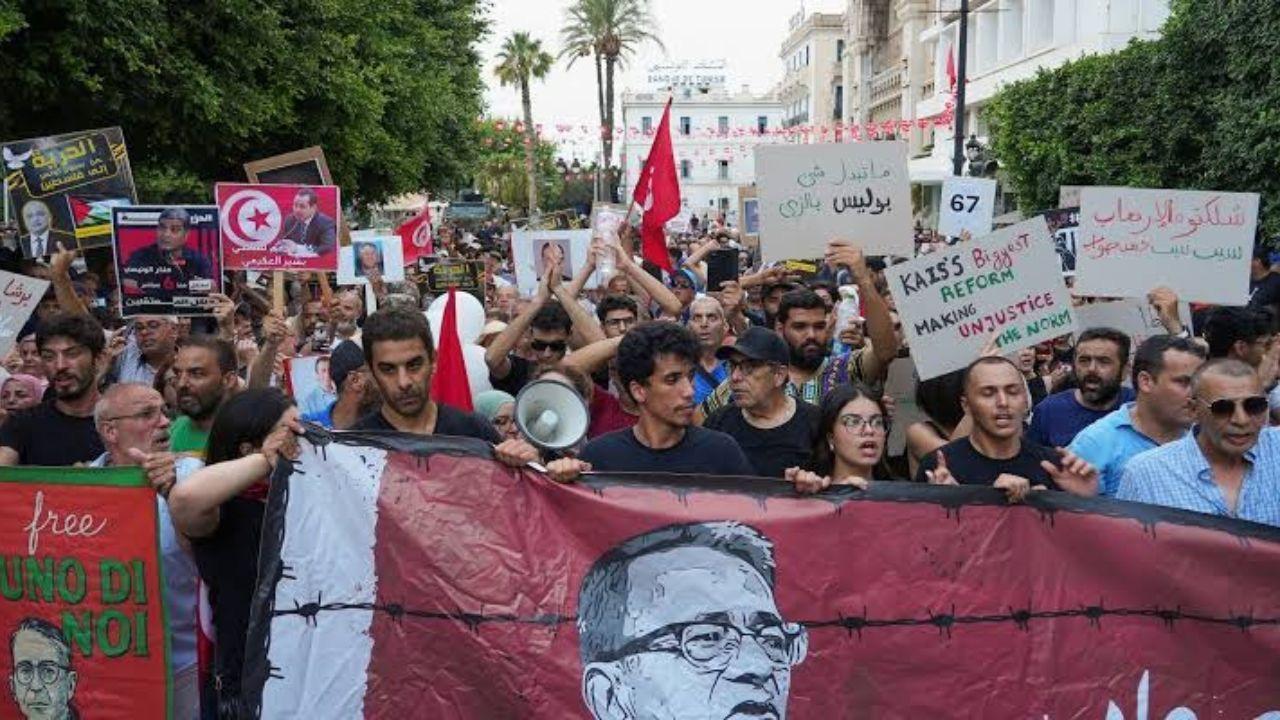
Post by : Jyoti Singh
Photo: Reuters
TUNIS, July 25, 2025— Hundreds of activists marched through the capital, Tunis, to demand the release of jailed political leaders and call out President Kais Saied’s governance, which critics describe as an authoritarian regime.With chants like The Republic is a large prison,protesters said Tunisia had fallen from its standing as a symbol of democratic hopes into a state of repression.
Origins of the Protest
The protest marks the fourth anniversary of July 25, 2021 — the day Saied drastically changed Tunisia’s political landscape. On that day, he suspended Parliament dismissed the Prime Minister, declared a state of emergency and began ruling by decree. Since then, opposition voices have been silenced, and supporters claim his actions were necessary to stabilise the country. Critics, however, condemned it as a coup that undermined democratic institutions.
What Protesters Are Demanding
Crowds flooded Tunisian streets demanding:The release of political prisoners including leaders Rached Ghannouchi (Ennahdha party) and Abir Moussi Free Constitutional Party
Restoration of democracy and civil freedoms
End of political trials under sweeping anti-terrorism and conspiracy laws that jailed dozens of activists, lawyers, politicians, and journalists.
Protesters carried portraits of political detainees and even paraded a coffin-like cage to symbolise the lack of freedom in their families
A Transformation of July 25th
July 25 originally celebrated Tunisia’s republic founding in 1957. But since Saied’s moves in 2021, the day has been seized by his July 25 Movement which backed his crackdown on political elites. Samir Dilou former minister and Ennahdha member, noted:This day used to mean independence. Now, it marks its dismantling. Absolute power leads to absolute corruption.
A Deepening Crisis
Since 2021, Tunisia has seen:Dissolution of the Supreme Judicial Council and dismissal of dozens of judges, raising concerns about the independence of the judiciary.
President Saied’s labelling of political opponents as traitors and terrorists and judges who acquitted them as accomplices.
These actions, critics argue, have undermined the separation of powers and allowed unchecked rule by decree.
Background: Tunisia’s Fragile Experiment with Democracy
In 2011, Tunisia sparked the Arab Spring overthrowing decades of authoritarian rule. For many, it became a symbol of hope for democratic change in the Arab world. But the events of July 2021 marked a shift:
Parliament was dissolved.
Political parties were sidelined.Opposition leaders and independent voices were jailed or fled abroad.As a result, activists warn that Tunisia’s democratic gains are now in serious jeopardy.
Tunisia Today: A Country in Fear
Protesters say:
The protest on July 25 centred on these fears, with slogans like No fear, no terror the streets belong to the people and The people want the fall of the regime.
What the Protest Means
It's a direct challenge to Saied’s rule, calling for his rollback of emergency powers.It signals growing public frustration with repression and political trials.It's a plea for the release of leaders who have become symbols of opposition.
Aftermath and Expectations
It is unclear how the government will respond. Historically, officials have dismissed protests as minor or politically motivated. Civil society groups warn that further arrests may follow such mass gatherings.
However, a growing portion of Tunisians, including youth and professional associations, are now openly questioning what they see as a stalled democracy.
Tunisia at a Crossroads
1. Will Saied ease his grip and restore elected institutions?
2. Will opposition leadership, still in prison or exile, become more vocal?
3. Can Tunisia return to the democratic path it embarked upon in 2011?
July 25 protests show that many Tunisians still believe in democracy and human rights—and are willing to risk arrests to defend them.
The protest in Tunis is more than a street demonstration. It’s a symbol of resistance against the erosion of democratic institutions. As Saied’s government rules with broad emergency powers, citizens demand not only the release of prisoners but the restoration of freedom, justice, and democratic rule. Tunisia’s future now hinges on whether the voices of the streets can shift the direction of power back toward accountable governance
PoliticalPrisoners
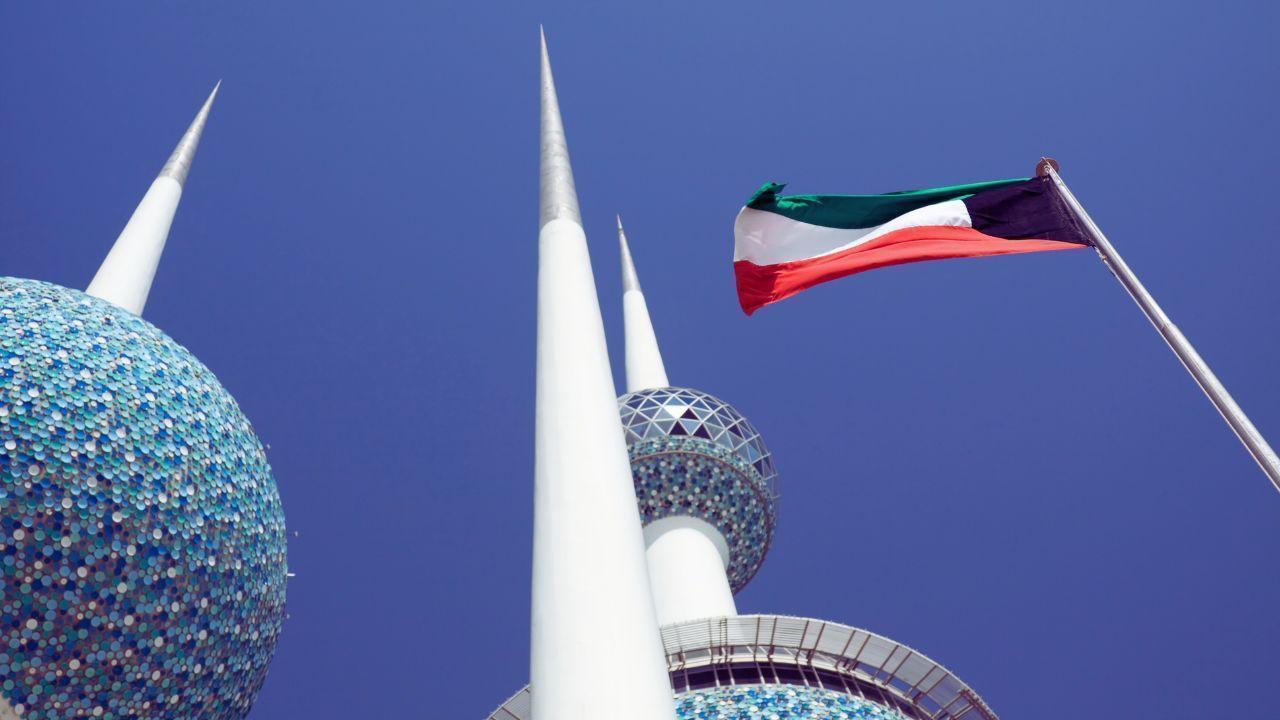
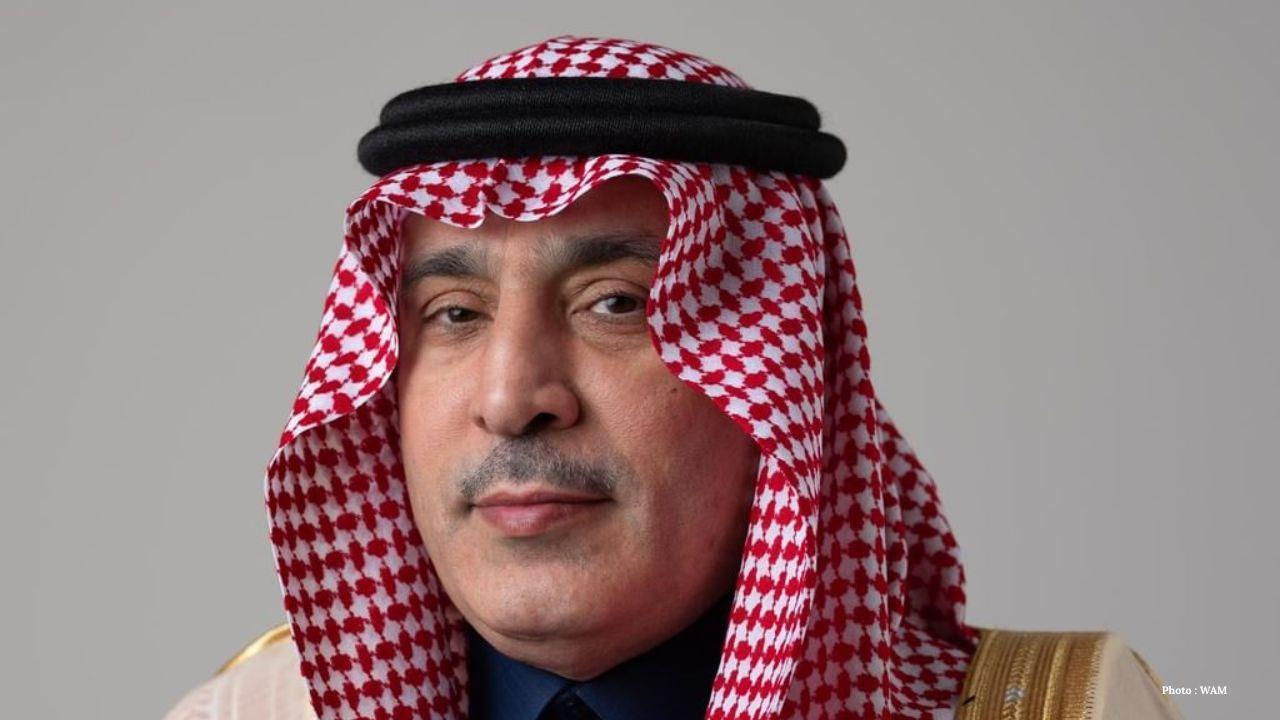
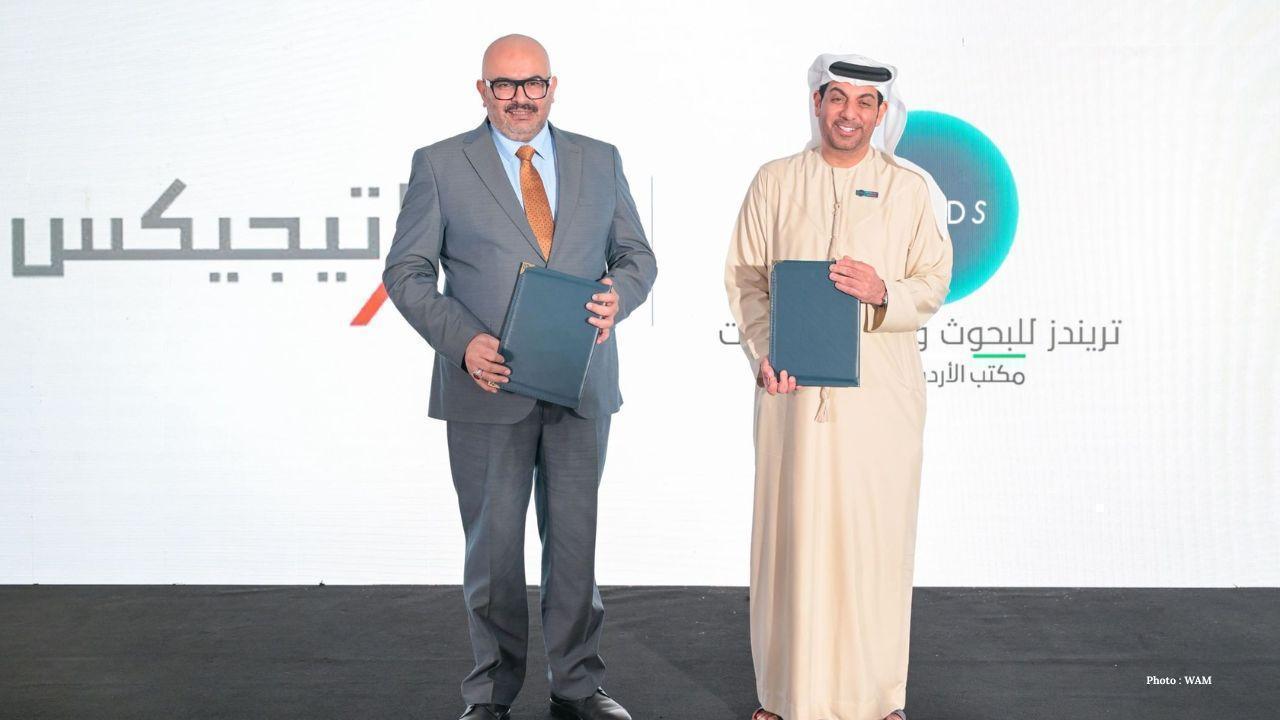

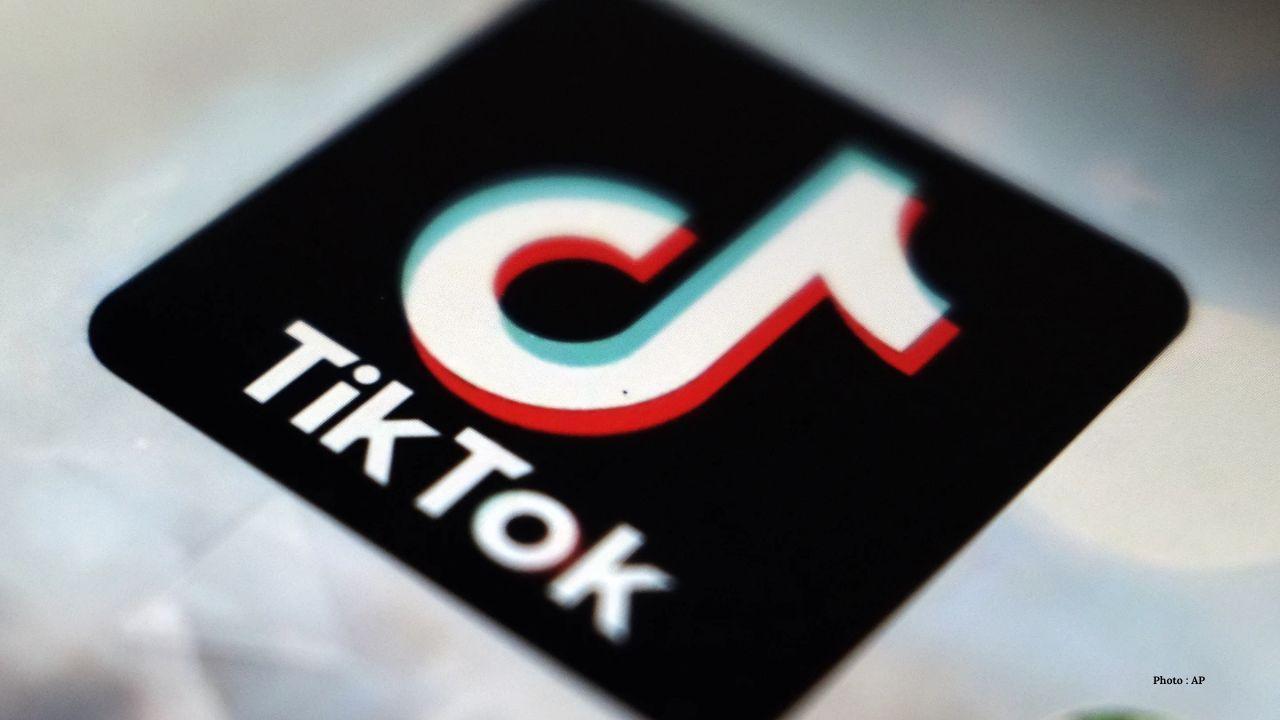
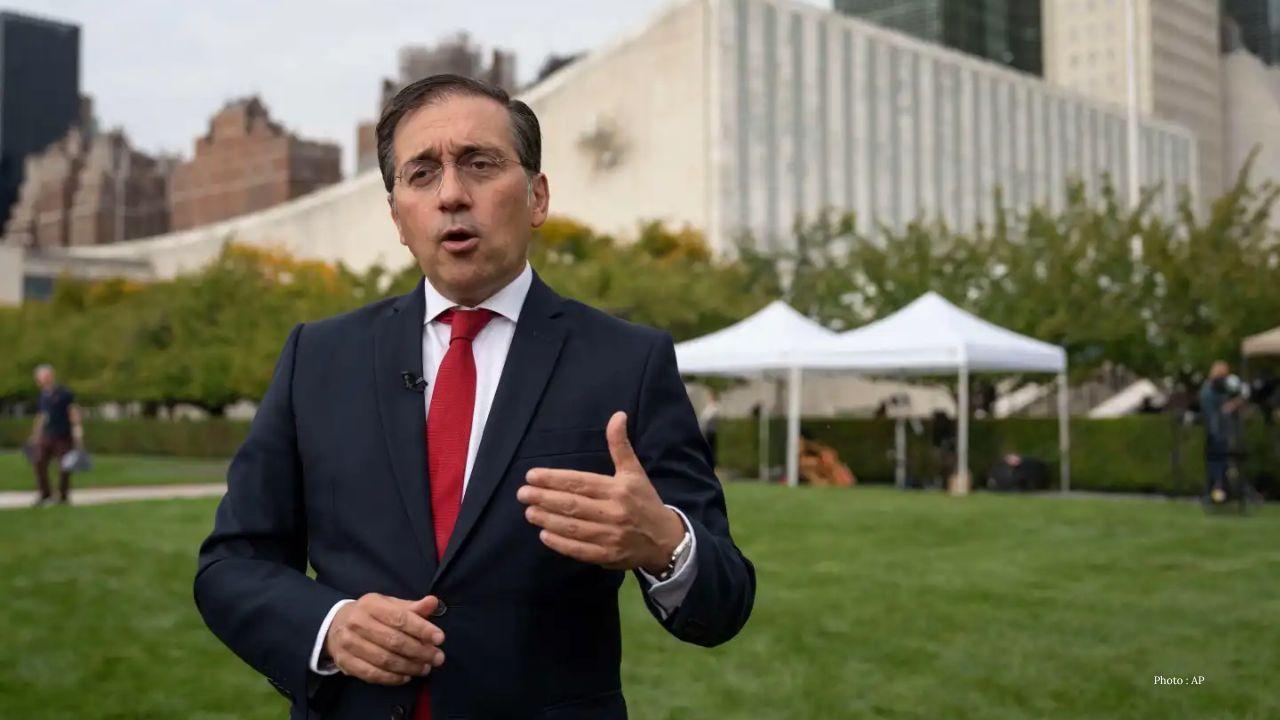
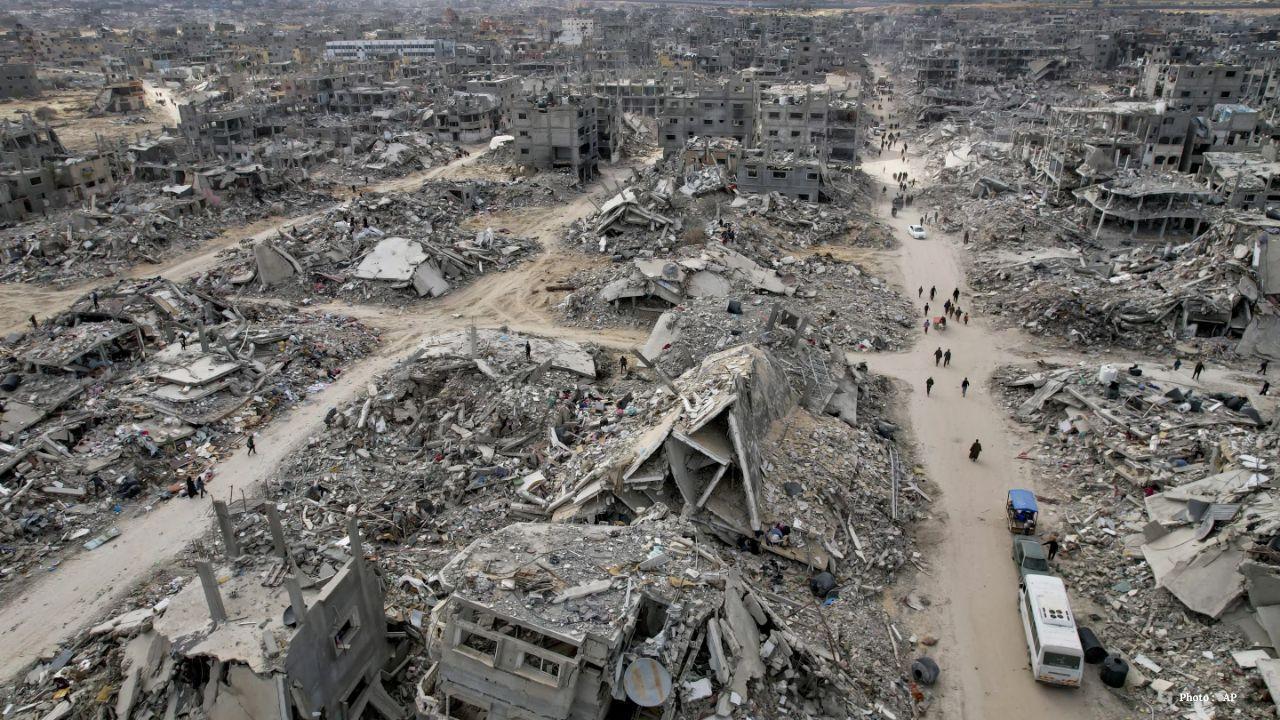

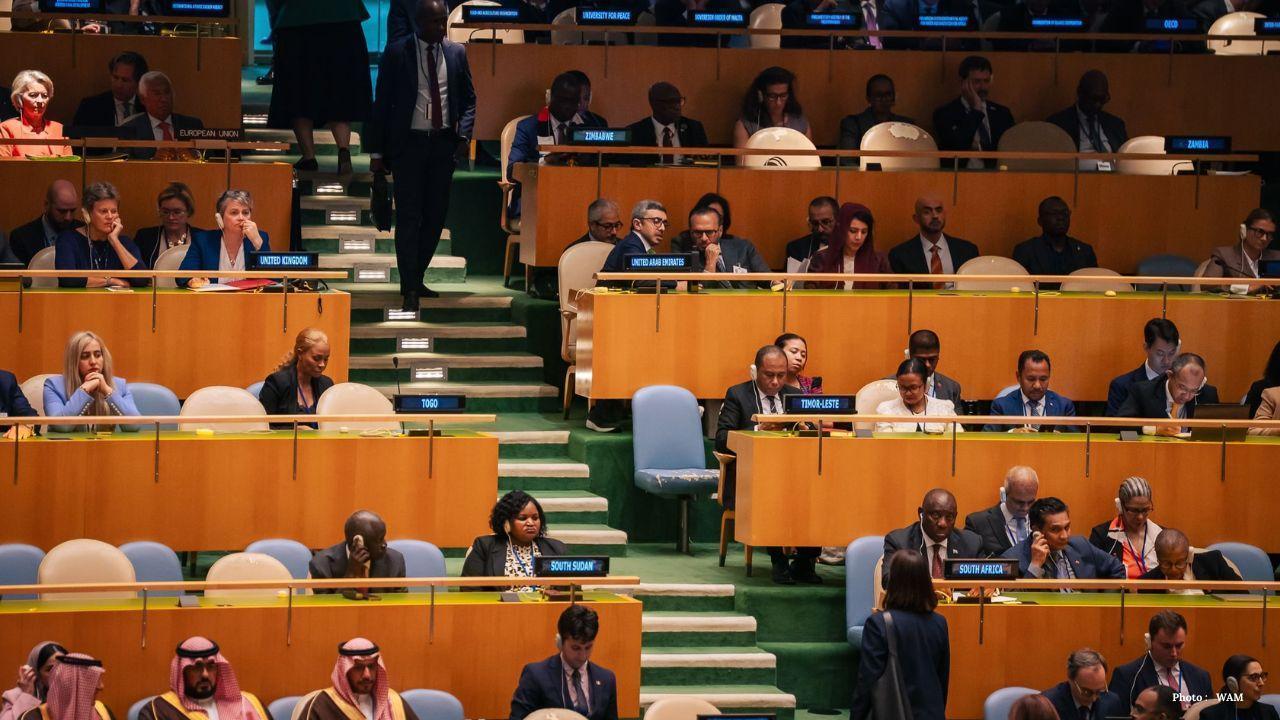

TRENDS & STRATEGIECS Join Hands for Global Research Collaboration
TRENDS and STRATEGIECS signed an agreement to strengthen research, share expertise, and support stra

US TikTok Deal Oracle to Oversee App Security
Oracle and Silver Lake may take charge of TikTok’s U.S. operations, handling data and algorithm to m

Nvidia to Invest $100B in Massive AI Data Center Project
Nvidia and OpenAI partner for largest AI infrastructure ever, planning $100B investment and millions

Sharjah Free Zone Showcases Gold & Jewellery Hub at Hong Kong Fair
Sharjah’s Free Zone highlights investment opportunities, advanced facilities, and global partnership
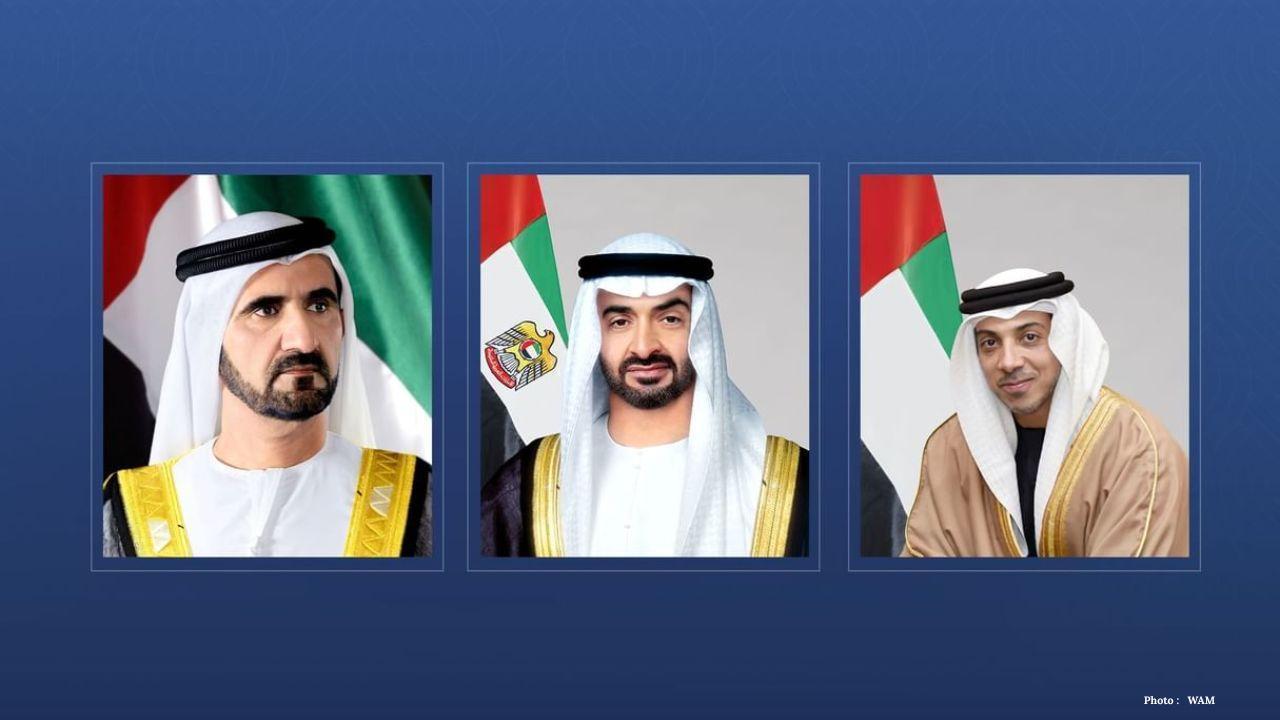
UAE Leaders Congratulate Saudi King and Crown Prince on 95th National Day
UAE leaders send warm congratulations to Saudi Arabia’s King Salman and Crown Prince on the Kingdom’

Bruce Pearl Retires as Auburn Coach Son Steven Takes Over
Auburn coach Bruce Pearl retires after historic career, son Steven steps up as head coach to continu